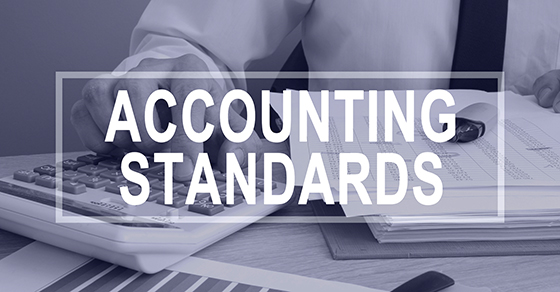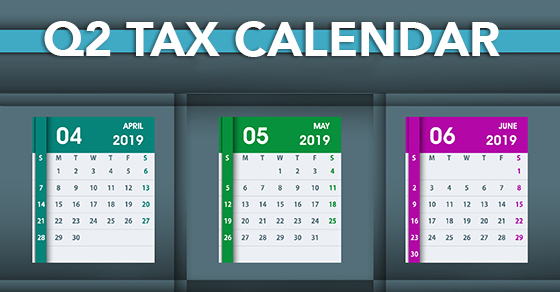Many employers prefer to classify workers as independent contractors to lower costs, even if it means having less control over a worker’s day-to-day activities. But the government is on the lookout for businesses that classify workers as independent contractors simply to reduce taxes or avoid their employee benefit obligations.
Why it matters
When your business classifies a worker as an employee, you generally must withhold federal income tax and the employee’s share of Social Security and Medicare taxes from his or her wages. Your business must then pay the employer’s share of these taxes, pay federal unemployment tax, file federal payroll tax returns and follow other burdensome IRS and U.S. Department of Labor rules.
You may also have to pay state and local unemployment and workers’ compensation taxes and comply with more rules. Dealing with all this can cost a bundle each year.
On the other hand, with independent contractor status, you don’t have to worry about employment tax issues. You also don’t have to provide fringe benefits like health insurance, retirement plans and paid vacations. If you pay $600 or more to an independent contractor during the year, you must file a Form 1099-MISC with the IRS and send a copy to the worker to report what you paid. That’s basically the extent of your bureaucratic responsibilities.
But if you incorrectly treat a worker as an independent contractor — and the IRS decides the worker is actually an employee — your business could be assessed unpaid payroll taxes plus interest and penalties. You also could be liable for employee benefits that should have been provided but weren’t, including penalties under federal laws.
Filing an IRS form
To find out if a worker is an employee or an independent contractor, you can file optional IRS Form SS-8, “Determination of Worker Status for Purposes of Federal Employment Taxes and Income Tax Withholding.” Then, the IRS will let you know how to classify a worker. However, be aware that the IRS has a history of classifying workers as employees rather than independent contractors.
Businesses should consult with us before filing Form SS-8 because it may alert the IRS that your business has worker classification issues — and inadvertently trigger an employment tax audit.
It can be better to simply treat independent contractors so the relationships comply with the tax rules. This generally includes not controlling how the workers perform their duties, ensuring that you’re not the workers’ only customer, providing annual Forms 1099 and, basically, not treating the workers like employees.
Workers can also ask for a determination
Workers who want an official determination of their status can also file Form SS-8. Disgruntled independent contractors may do so because they feel entitled to employee benefits and want to eliminate self-employment tax liabilities.
If a worker files Form SS-8, the IRS will send a letter to the business. It identifies the worker and includes a blank Form SS-8. The business is asked to complete and return the form to the IRS, which will render a classification decision.
Defending your position
If your business properly handles independent contractors, don’t panic if a worker files a Form SS-8. Contact us before replying to the IRS. With a proper response, you may be able to continue to classify the worker as a contractor. We also can assist you in setting up independent contractor relationships that stand up to IRS scrutiny.
© 2019
Stay up to date! Subscribe to our future blog posts!





